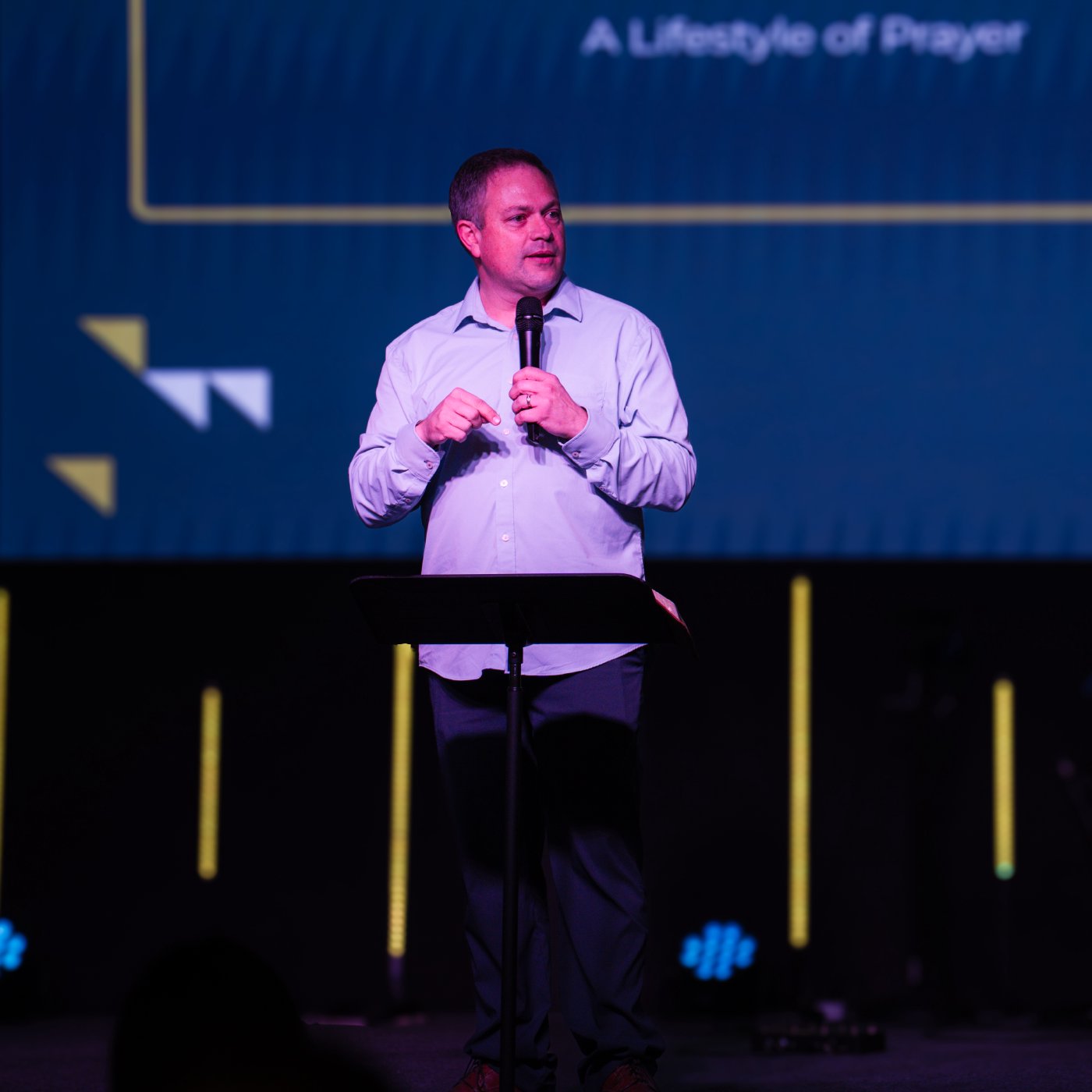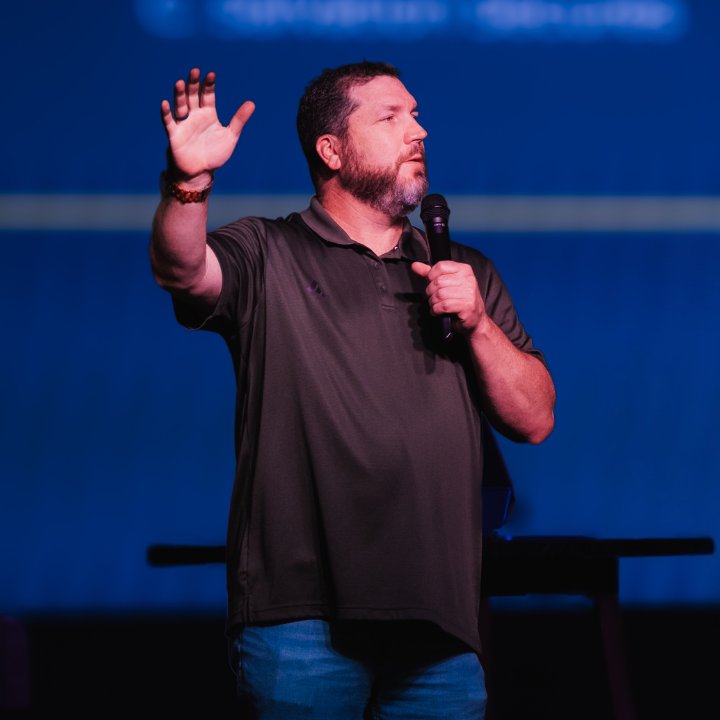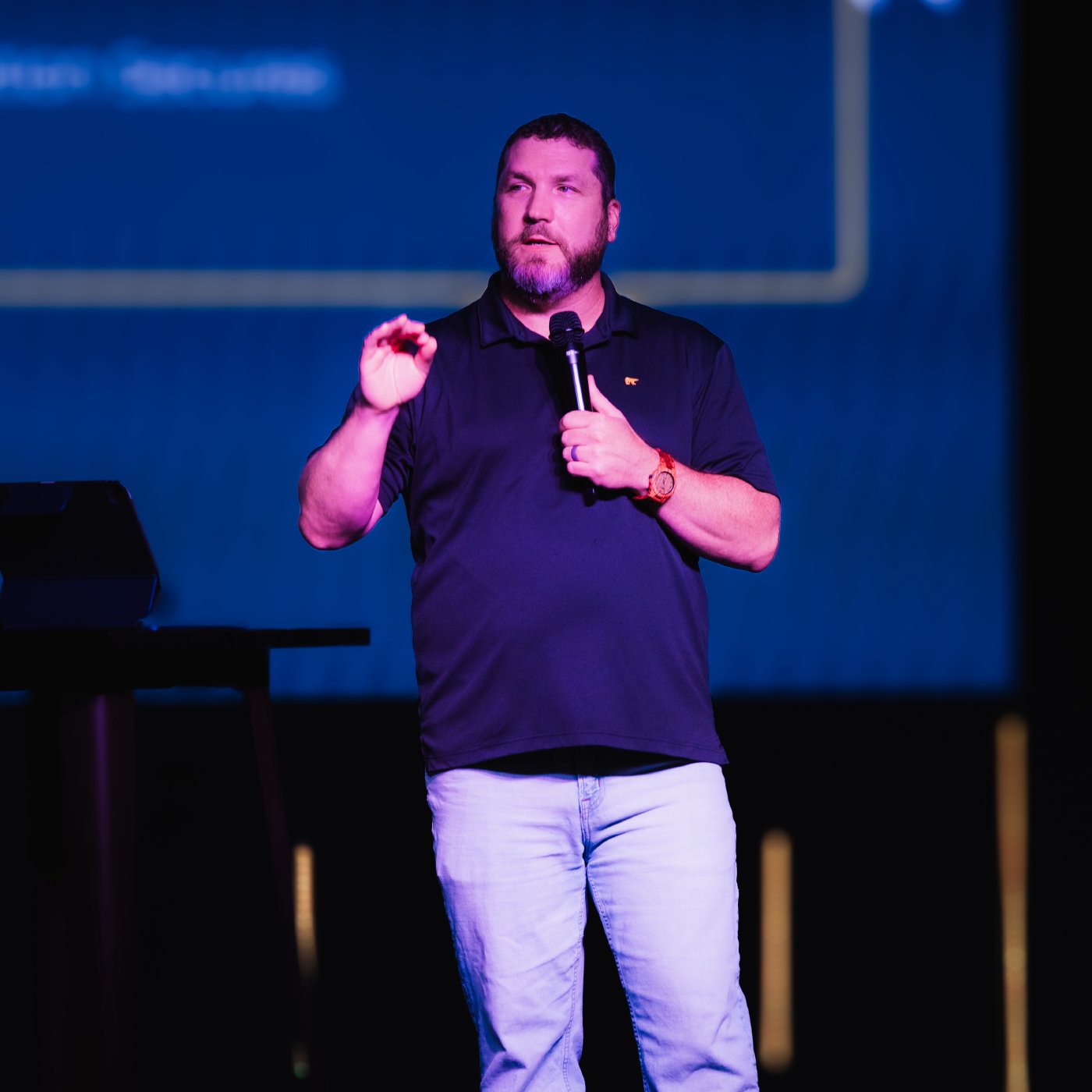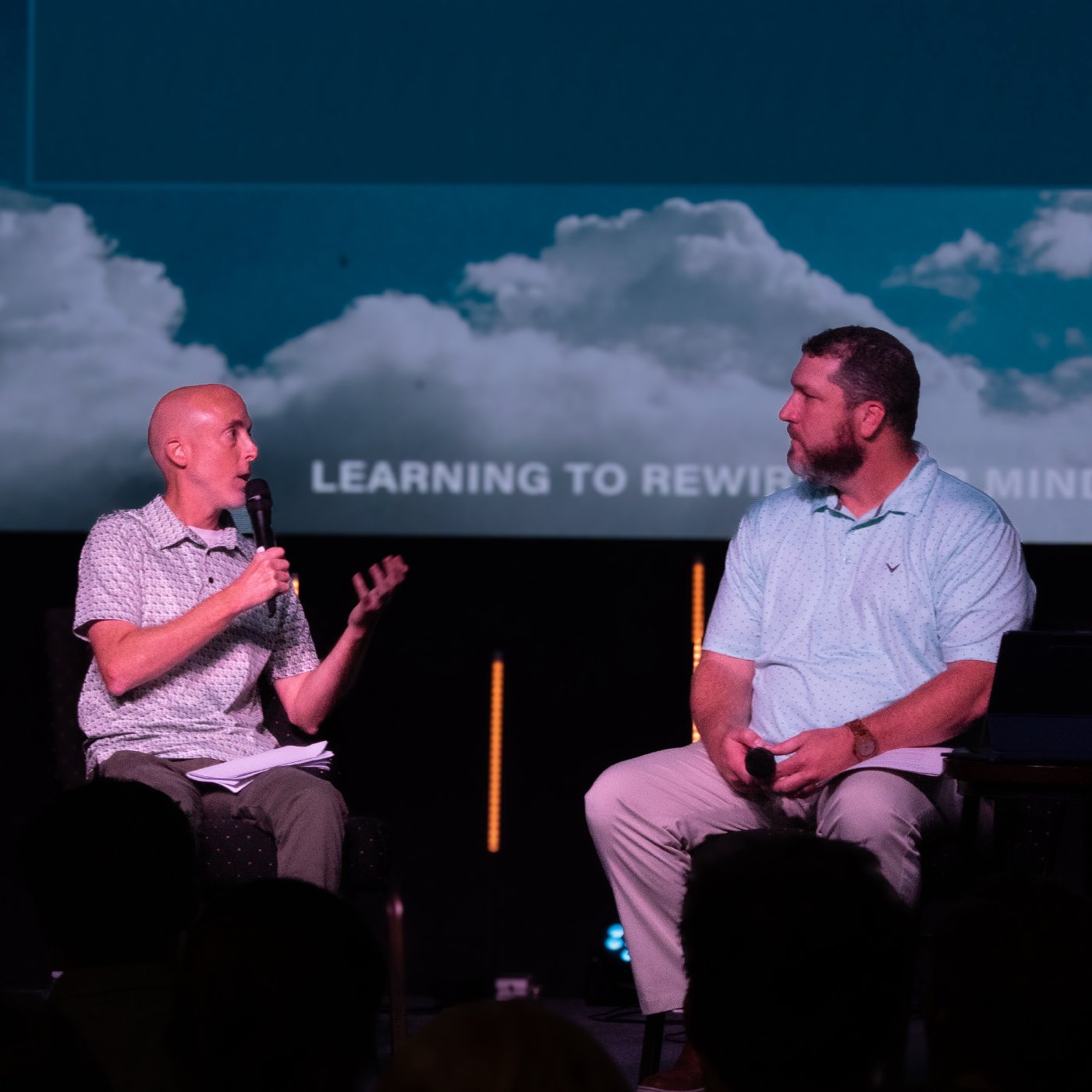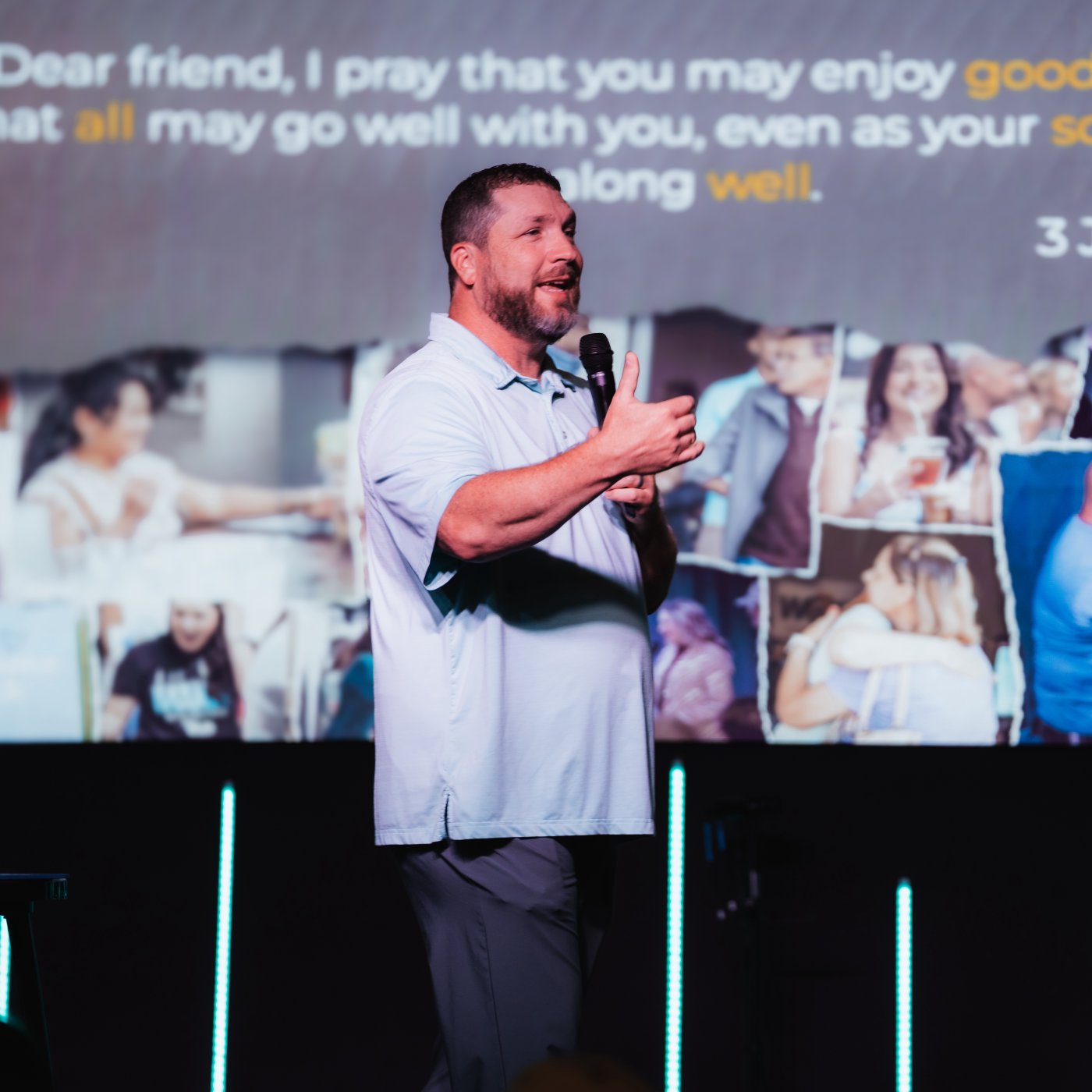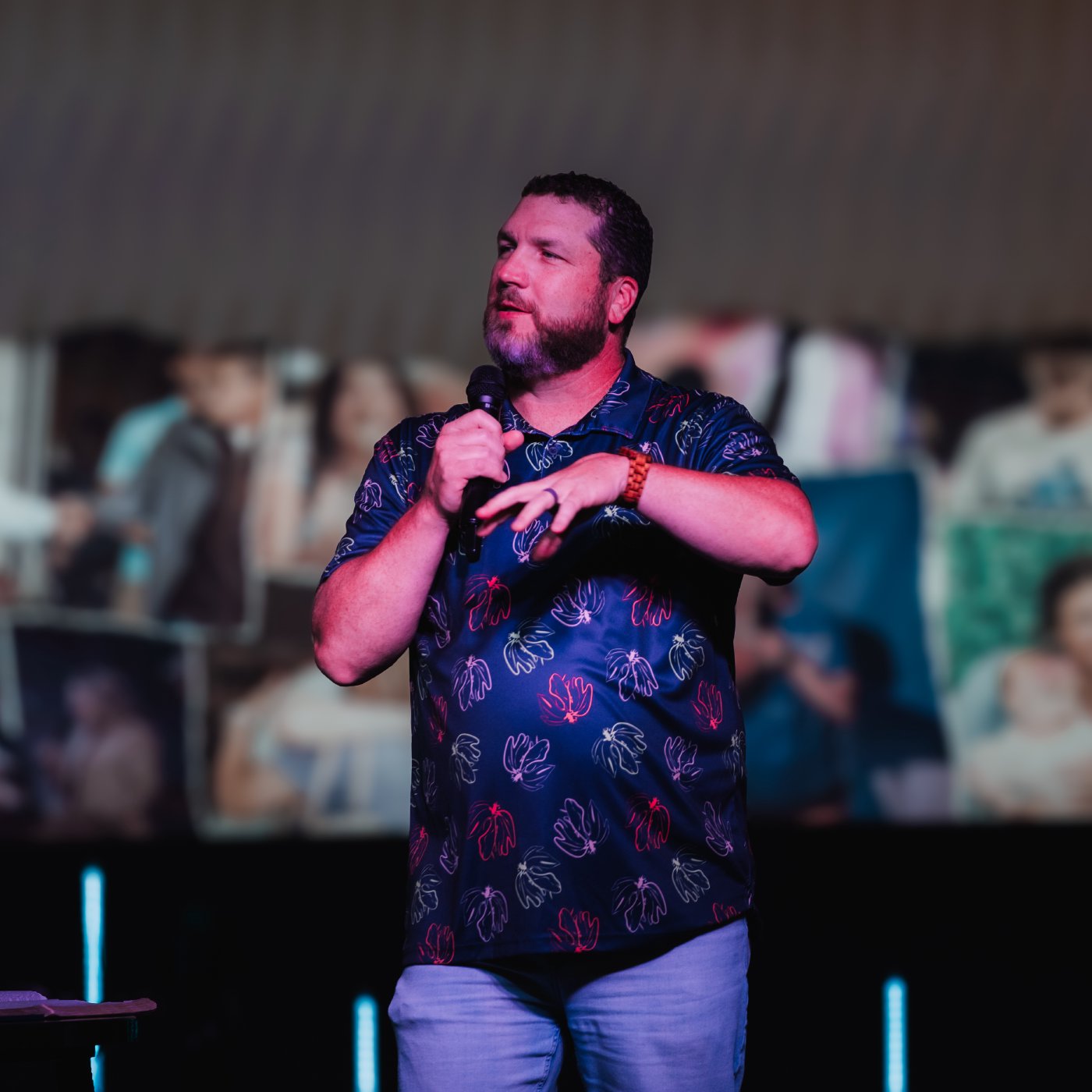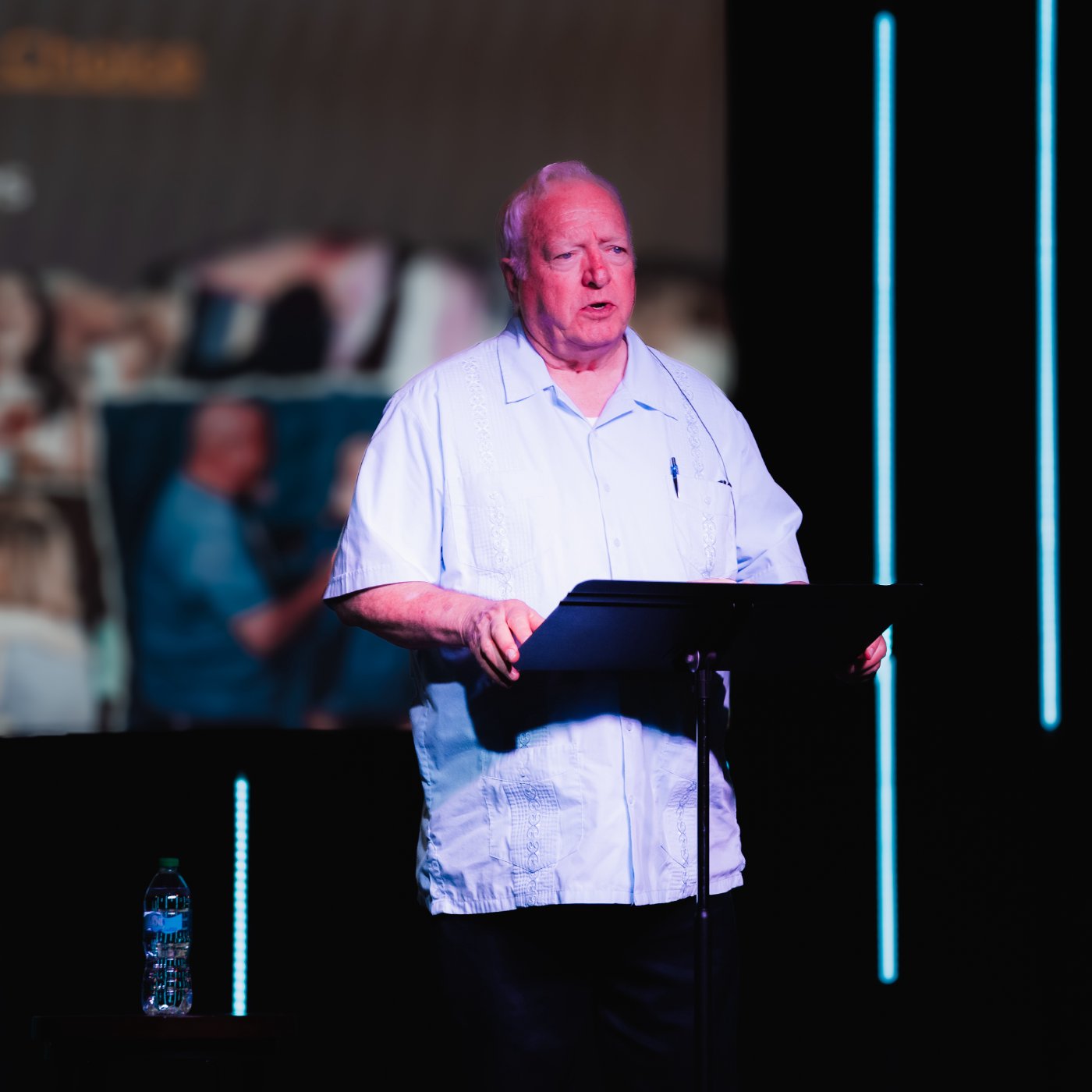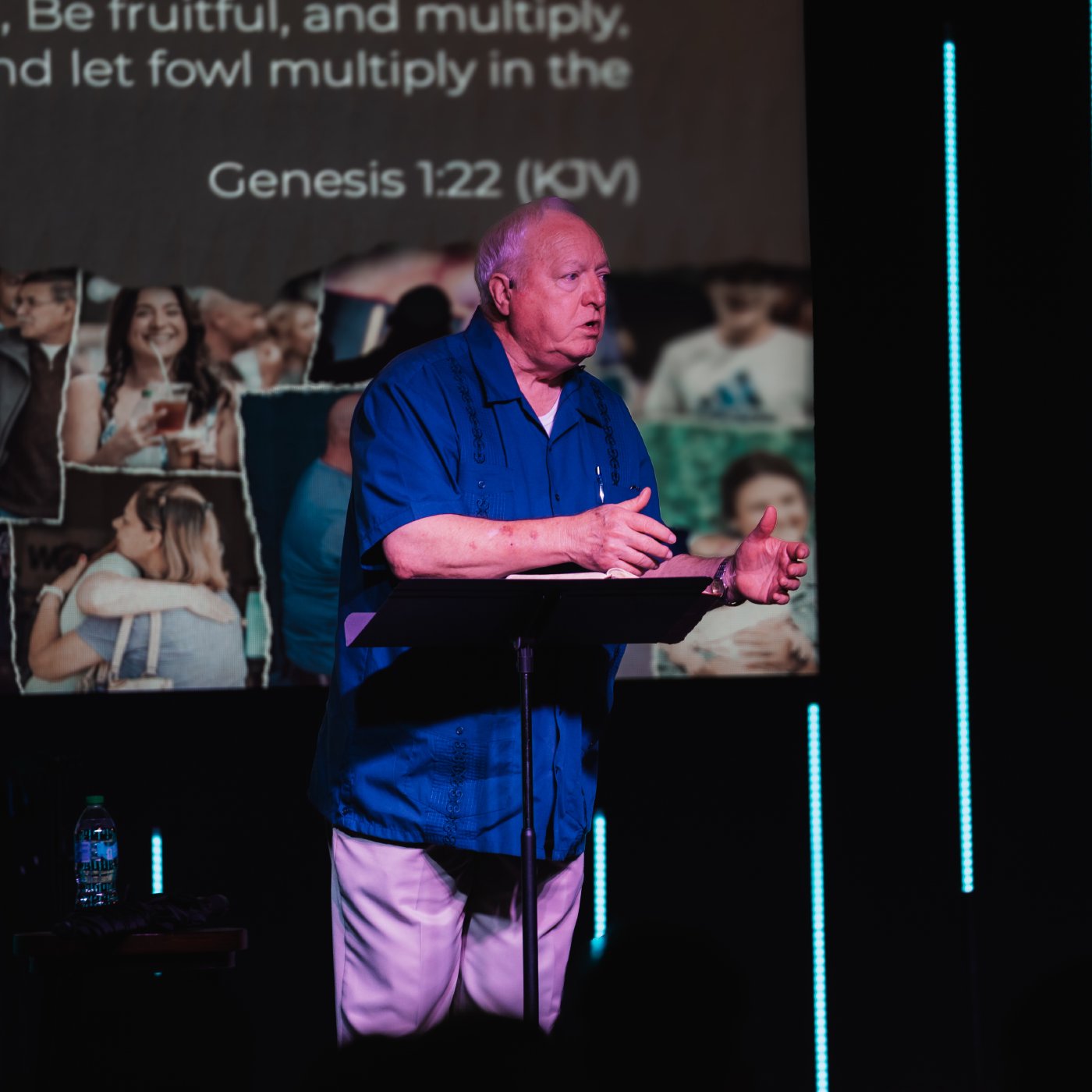Discover WRC Sermon of the Week
WRC Sermon of the Week

432 Episodes
Reverse
Lana was diagnosed with a blood clot behind her eye but God stepped in!!!
Daily Bible reading transforms lives through six powerful ways outlined in Psalm 19:7-11. God's Word makes us whole when we feel fragmented, provides wisdom for difficult decisions, brings joy during discouragement, offers clarity when life feels confusing, gives warnings to help us avoid dangerous paths, and rewards those who obey its teachings. The key is reading for transformation, not just information. Like spiritual food that nourishes the soul, Scripture has the unique power to read us back and reveal truths about our hearts. Using practical tools like the SOAP method, Proverbs reading, and color-coded highlighting can help make daily Bible reading more effective and life-changing.
This sermon focuses on developing a lifestyle of prayer, which was identified as the second most requested topic by church members. The pastor emphasizes that prayer is essential for connecting with God's heart, will, and power, just as it was for Jesus during His earthly ministry. The message provides three practical truths for developing consistent prayer: making prayer a priority by setting specific times, finding a quiet place for prayer, and having a plan or structure for prayer. The sermon concludes with a powerful testimony about how persistent prayer led to God's faithfulness through difficult circumstances including addiction and ultimately fulfilling a calling to foster care.
Every Christian has a God-given purpose that lies at the intersection of their gifts and passions. The difference between activity and impact is purpose - when you understand why your work matters, you'll persevere through challenges. According to Scripture, all believers are ministers called to the work of reconciliation, helping people find their way back to God. Whether you're greeting people, serving coffee, or teaching children, every task is ministry when done with the right heart. Ministry is about service, not status - you don't need a title, just a heart to serve others. The early church thrived because people lived with purpose and served with joy, resulting in daily growth as God added to their fellowship.
Salvation is the process of being rescued from sin and restored to a relationship with God, requiring three essential steps. First, we must repent, changing our minds about sin and acknowledging how it separates us from God. Second, we need to believe in Jesus, trusting in His death and resurrection, which brings forgiveness, grace, and security. Finally, we must obey, demonstrating our faith through actions like baptism. True salvation isn't about being moral or religious—it's about moving from separation to relationship with Jesus through repentance, belief, and obedience.
Our thought patterns fundamentally shape who we become and how we experience life, as Proverbs 23:7 teaches. The heart in biblical terms refers to our soul (mind, emotions, will) and spirit working together. When these are united, we experience spiritual health; when divided, we face internal conflict. God designed an authority structure where our spirit follows Christ, our soul follows our spirit, and our body follows our soul. Negative thoughts produce harmful chemicals in our bodies, while positive thoughts promote health. By renewing our minds with Scripture and creating healthy environments, we can take every thought captive and align our lives with God's truth.
In our fast-paced world, most of us live with no margin—no space between what we have to do and what we're doing right now. Creating mental margin is essential for our wellbeing, as it generates purity, generosity, excellence, grace, and peace in our lives. Purity comes from setting boundaries around weaknesses, generosity from boundaries around finances, excellence from boundaries around expectations, grace from boundaries around schedules, and peace from boundaries around relationships. By being still and creating these boundaries, we can hear God's voice more clearly, respond to others with grace, and live with the peace He intends for us.
Breaking free from destructive habits requires understanding the mind-body connection and the four-step habit loop: cue, craving, response, and reward. This process mirrors spiritual struggles described in Scripture, where our thoughts eventually become actions. The good news is that we can break these patterns through five key strategies: renewing our minds through God's Word, relying on the Holy Spirit, engaging in prayer, turning away from sinful patterns, and focusing on worship. By recognizing our triggers and immediately replacing negative thoughts with truth, we can literally remodel our neural pathways and experience the freedom Christ offers.
Imagination is the powerful bridge between our mind and heart, shaping our reality and determining our actions. Negative imagination leads to worry, anxiety, and fear, while positive imagination fosters hope and faith. Following the five-step pathway from Philippians 4:4-8 can transform our imagination: always be joyful, don't worry about anything, pray about everything, be grateful, and fix your thoughts on what is true and good. When we keep our thoughts fixed on God rather than our problems, we experience perfect peace. By consciously redirecting our imagination from worry to hope, we open ourselves to God working beyond what we could ask or imagine.
This week’s 5 on 5 was a powerful reminder of what it means to follow Jesus in everyday life. In just five minutes each, our speakers encouraged us to carry joy that overflows to others, to pay attention to what we are truly serving with our time and hearts, and to stay spiritually nourished by spending time in God’s Word. We were also reminded that through the Holy Spirit we’ve been given real authority to live boldly for Christ, and that our lives are a race we are called to run with focus and purpose. Together, these five messages pointed us back to Jesus and the life of freedom, strength, and love He calls us into.
This sermon addresses three mental barriers that block God's best for our lives, using the story of the 12 spies from Numbers 13. When Moses sent spies to explore the Promised Land, ten returned with a negative report, saying they felt like grasshoppers compared to the giants living there. This one sentence kept an entire nation from God's best for 40 years. The sermon identifies comparison, feelings, and assumptions as the three mental barriers that prevented the Israelites from entering the Promised Land and that still hinder believers today.
Pastor Andy discusses the importance of wisdom in living a fruitful life for God, using Solomon's story as a framework. He emphasizes that wisdom is essential for kingdom living and helps us get unstuck from harmful patterns. Through examining Solomon's encounter with God in 1 Kings 3, the pastor identifies five key traits that unlock divine wisdom: a spirit of sacrifice, an attitude of gratitude, a habit of honesty, a posture of humility, and a heart of understanding. These traits positioned Solomon to receive God's wisdom and can do the same for believers today.
In this sermon titled 'Expiration Dates,' the pastor uses personal stories and metaphors to illustrate how trials in life are temporary and have purpose. He contrasts trophies (which everyone wants) with trials (which no one wants), explaining that while trophies last, the pain it took to get them doesn't. Using examples of expired food, he emphasizes that our trials, like bread with an expiration date, will eventually come to an end. The pastor shares his own experiences with health challenges, including a stroke that left him in a wheelchair, and how his faith carried him through these difficult seasons.
Breaking free from curses requires understanding their biblical causes. Curses represent diminishment and reduction, opposite to blessings, and always have a cause. Churches experience curses through carnality, apostasy, and legalism. Individuals face curses through parental disrespect, robbing God of tithes, negative words, soulish prayers, anti-Semitism, occult involvement, and harmful words from authority figures. Generational patterns transfer through blood and example, but freedom is possible through examining your life, breaking generational ties, practicing forgiveness, speaking life-giving words, and establishing new godly patterns.
In this sermon, Pastor Lee discusses the concept of blessings and curses, explaining that blessings are God's default setting and represent flourishing and abundance. He introduces the Law of First Mention, showing how the first biblical appearance of 'blessing' in Genesis establishes its meaning as being fruitful and multiplying. The pastor emphasizes that all blessings come from God as an expression of His love, and that God has extended His blessing to all mankind through Abraham.
This sermon discusses the armor of God from Ephesians 6:10-20, comparing it to the Space Shuttle Columbia disaster where a small breach in the heat shield led to catastrophic failure. The message emphasizes that Christians are in a spiritual war against a methodical enemy (the devil) who seeks to destroy us. The pastor outlines four realities of spiritual warfare: we have an adversary, we are in a war, we have a solution (the full armor of God), and we have a purpose (to share the gospel).








